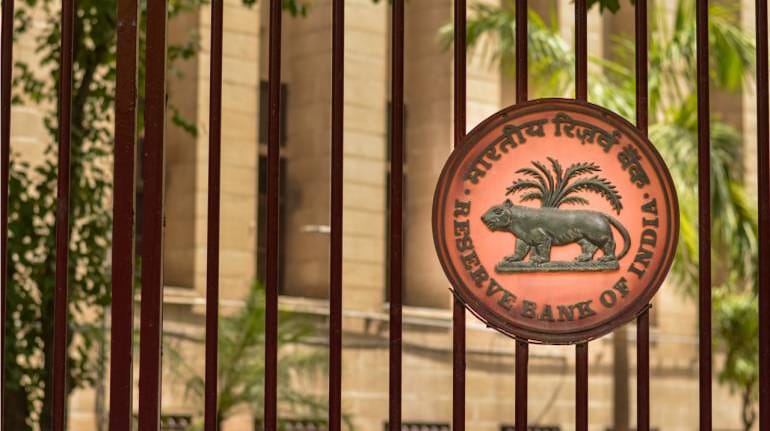



The Reserve Bank of India (RBI) recently constituted a fintech department, which is in no hurry to jump into action on regulations. In fact, it is more inclined to learn about the fintech landscape starting with the vertical that has grabbed the most attention – Buy Now Pay Later (BNPL).
Over the past two months, the department led by RBI Executive Director Ajay Kumar Choudhary has reached out to a number of fintech players in the credit space with questions on their business models and plans, multiple people aware of the interactions told Moneycontrol.
A founder said on the condition of anonymity, “They reached out to us and a few other players. Right now their agenda is to just learn. Their questions were more around what is our business model, how do we forge partnerships, our aspirations and also what are our expectations from them.”
The interest in the credit space comes from the spate of fraud Chinese apps that lent to Indian consumers at exorbitant interest rates in the past few years which pushed unsuspecting consumers to suicide after harassment by these apps for repayments.
Following this, the regulator formed a Working Group on digital lending which released its recommendations in November last year. Turning these recommendations into official guidelines seems to be the first thing on the department’s agenda.
“There are sessions being conducted with industry experts to understand how digital supervision can be enhanced, how the new age consumer looks at finance and also on understanding BNPL better,” said another industry source.
The immediate focus of the digital lending guidelines is to eliminate spurious apps, encourage partnerships among regulated entities and also keep a watch on bad loans stemming from fintech-originated loans.
"The fact that they have created the department is a step towards promoting digitisation further. They want to understand the space better and push for enabling that," said another founder.
RBI’s Financial Stability Report in December 2021 showed that according to data by credit information company TransUnion CIBIL, fintech loan delinquencies stood at 4.56 percent, much higher than that of private sector banks and non-banking financial companies (NBFCs) or housing finance companies (HFCs).
Delinquencies of private banks were at 2.23 percent and that of NBFCs and HFCs at 3.77 percent as of September 2021.
“The RBI cannot look at BNPL from a lens that it is completely bad. If consumers want a certain product, the market will move to give them that. Even if it is similar to existing products, the consumer still wants it and is willing to pay a price for it,” added the above-mentioned source.
According to a report by The Morning Context, similar meetings were also conducted in December 2021 before the new department was announced.
Besides BNPL, the department will also be deeply involved in the formation of a Central Bank Digital Currency (CBDC) which Finance Minister Nirmala Sitharaman said will be rolled out in the financial year 2022-2023.
He said, “With the deadline announced in the budget and the landscape changing rapidly with Ukraine now raising funds through Bitcoin and Ethereum, the RBI will have to move with great speed on CBDC.”
Clearly, there is enough and more on the platter for the department.
“I would not be surprised if they take another two years to settle in with a specific charter. Today its BNPL, tomorrow Web 3 etc. The landscape is constantly evolving,” he added.
Discover the latest Business News, Sensex, and Nifty updates. Obtain Personal Finance insights, tax queries, and expert opinions on Moneycontrol or download the Moneycontrol App to stay updated!
Find the best of Al News in one place, specially curated for you every weekend.
Stay on top of the latest tech trends and biggest startup news.